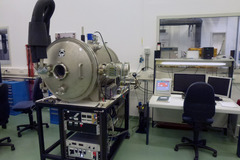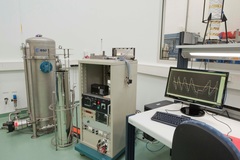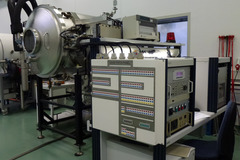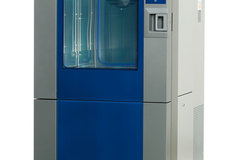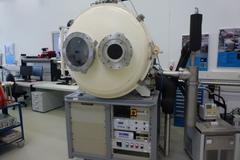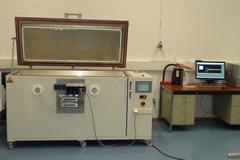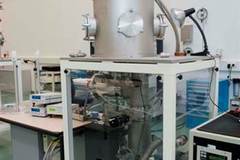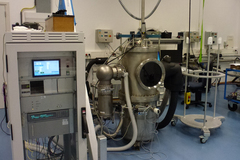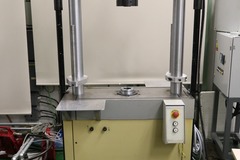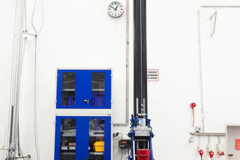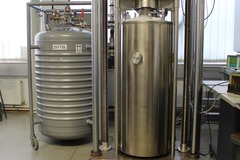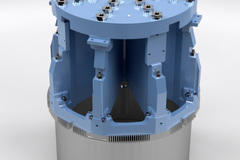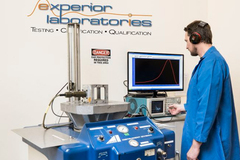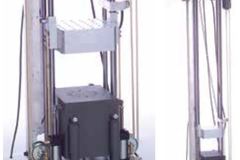Fungus testing helps assess if a component or material will support fungal growth. If the material does indeed support fungal growth, the next step would be to determine if the fungus is detrimental to the product. Industry standards often require assessment of parameters such as the speed in which the fungus grows, safety, clean ability and others.
It is important that testing be conducted to prevent fungus from breaking down material and using them as nutrients (a direct attack). Although material may be fungus resistant, external contamination (sweat, fluids) may support fungi growth that eventually detriment the material (an indirect attack). There are also health concerns and aesthetic factors as to why fungi testing is common in qualification testing.
Fungus testing laboratories generally have the required test fungus, incubation chamber, and appropriate controls and sensors depending on the test method or material. Proper cleaning of the chamber before and after testing is critical. Controlling the temperature and humidity is also critical for proper incubation.
General purpose material manufacturers usually have their product tested for fungus growth. The type of test fungus used will depend on the product such as leather, textiles, vinyls and others. Because fungi is dependent on temperature and humidity, any material exposed to humid outdoor environments should be tested.
A common standard for fungus testing is ASTM G21 “Standard Practice for Determining Resistance of Synthetic Polymeric Materials to Fungi”. This document rates fungus growth on a weekly basis where 0 is now growth and 5 is “Heavy Growth”. Different strains of fungi are used for testing. A test method for evaluating fungus resistance of optical fiber and cable can be found in TIA-455-56-C. This document ensures the optical fiber or cable retains structural integrity and performance when subjected to 5 different fungi.
Experior Labs has the technical staff and expertise to conduct fungus testing on many different materials and components. We have the certifications and accreditations that prove we support the proper training of staff, safeguards, quality, and technical knowledge to test products to the required standard or specification.

